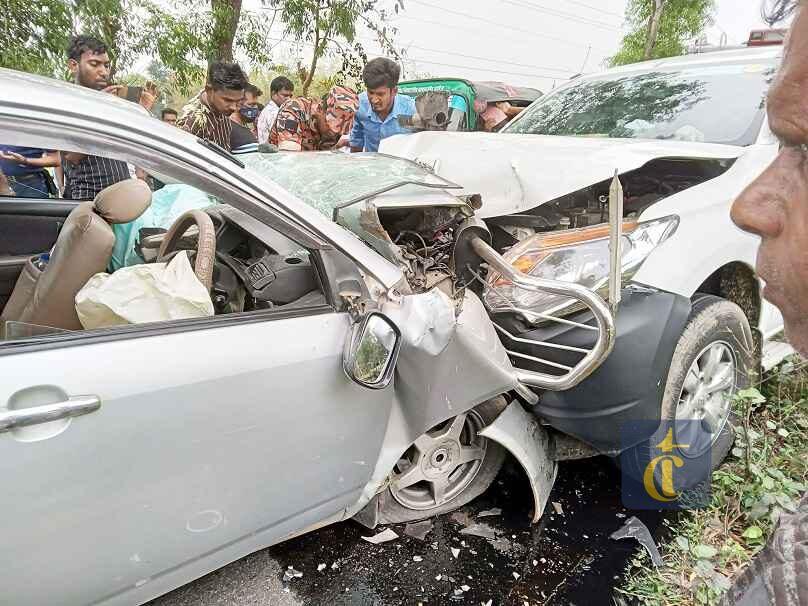You would be forgiven to think that with comprehensive auto insurance, a motor insurance company would settle virtually any claim you make.
The truth is that a comprehensive cover is not a blanket cover for all the things that can happen to your car. The whole point of insurance is to protect you from the claims that arise from chance events.
Is comprehensive car insurance required?
No, comprehensive car insurance is not mandatory in most countries, including Kenya. What is legally required is third-party liability insurance, which covers damages or injuries caused to others in an accident. Comprehensive insurance is optional and provides broader coverage, including protection for your vehicle.
Why Choose Comprehensive Insurance?
While it isn’t a legal requirement, it’s often recommended for the following reasons:
- Higher Value Cars: If you own a new or expensive vehicle, comprehensive insurance can save you from significant financial losses.
- Risk of Theft or Natural Disasters: In areas prone to theft, vandalism, or extreme weather, it offers peace of mind.
- Accidental Damage: Even if you are at fault, your own vehicle is covered.
- Convenience: It combines the mandatory third-party liability with additional protection, simplifying your insurance management.
When It May Not Be Necessary
- Older Cars: If the value of your car is very low, the cost of comprehensive insurance may outweigh its benefits.
- Tight Budget: If affordability is a concern, third-party insurance can meet the legal minimum requirement at a lower cost.
Comprehensive Auto Insurance Will Not Cover;-
Therefore, anything that does not arise from accidents is out of the question. Therefore, no cover, not even a comprehensive auto insurance cover, can protect you from the following.
1. Breakdowns Arising from Wear and Tear
Car Insurance companies in Kenya do not pay for breakdowns that arise from wear and tear.
Regardless of your cover, you cannot make a claim to pay for repairs to your car, even if it involves a key component of your car.
For instance, if your engine knocks because of poor maintenance or another technical fault, you cannot make a valid claim to your insurance company based on it. Insurance exists based on risk probabilities.
Breakdowns are not a risk in the insurance sense, but a normal occurrence during the life of a vehicle. The probability that your car will break down at some point in its lifetime is almost certain, hence it defeats the logic of insurance.
2. Intentional Damage
Insurance companies do not settle claims that arise from intentional damage. There are good reasons for it.
First, some people try to defraud insurance companies by presenting fraudulent claims after simulating damage to their cars with the view of getting a replacement car paid for by their insurer.
Secondly, insurance does not exist to pay for intentional acts, but for unintentional mishaps. If in the view of the insurance company you damaged your car intentionally, then your claim will not be settled.
If you drive while drunk or if your car has a significant mechanical fault that you must have been aware of, then your claim may not be settled because such driving under such circumstances smirks of intention to damage.
3. Policy Exclusions (Earthquakes, floods, Riots, and Civil Disobedience)
Insurance companies will also not pay for damages arising from a set of factors usually termed “Acts of God”, and for damages arising from civil disobedience.
When nature acts up and sends floods and earthquakes our way, chances are that a large number of people will be affected, and it will not be liable for the insurance company to pay out all the claims.
Insurance works based on the pooling of risks. Once a risk becomes a universal risk, it ceases to be insurable. Study the dotted line in your policy document to be well-appraised of all the policy exclusions.
4. Personal Injuries
Your comprehensive motor insurance will also not pay for your medical fees if you are injured in an accident.
The premiums you pay are only for your car, and your passengers, with the exclusion of your immediate family.
It is advisable to take out a personal accident cover for your family if you do not have medical cover to take care of such eventualities.
A comprehensive cover may be desirable in the context of securing your car from the risks it faces while on the road.
It is however clear that you cannot rely on it to protect you from all possible risks. Some of these risks are basically uninsurable.
If you’re in Kenya and want to assess whether comprehensive insurance is worth it for your car, it’s wise to get quotes from multiple insurers and weigh the costs against potential risks. Would you like guidance on comparing policies
'Want to send us a story? Submit to NAIROBIminiBLOGGERS via our Email nairobiminiblogger@gmail.com'

Drop Your Comments, What do you think About The Article?